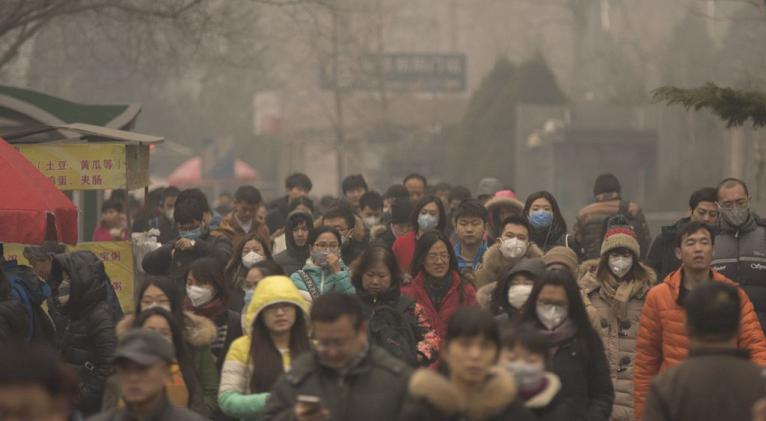Carbon emission cuts could save 300,000 US lives by 2030
especiales

That’s what Drew Shindell of Duke University in North Carolina and his team found when they looked what impact it would have if the US cut emissions by 40 per cent by 2030 – much larger than anything planned.
By 2030, this would prevent nearly 300,000 premature deaths and more than 30,000 a year thereafter — which is worth around $250 billion a year, according to the valuation the US Environmental Protection Agency places on saving lives. This does not mean there will be real savings of $250 billion – rather, the figure reflects what people are prepared to pay to reduce their risk of dying.
“It’s a really quite large health benefit that’s realised pretty much immediately,” Shindell says. Most analyses assume it will be decades before any benefits of cutting carbon emissions become apparent.
Shindell’s calculations do not take into account the other potential benefits of lower air pollution, such as 29,000 fewer children per day being taken to hospital because of asthma attacks. This would produce real savings in healthcare costs. Other developed countries would reap similar benefits from cutting emissions, and for developing countries the number of lives saved would be even greater, Shindell says.
In theory air pollution could be greatly reduced without abandoning fossil fuels – but it would be extremely costly. It is more efficient to switch to renewables and electric cars than bolting on ever more pollution-reducing devices to power stations and vehicles.
China will need no convincing of this fact. The main motivation behind the country’s plans to limit the growth in its emissions is to reduce air pollution rather than carbon pollution, Jiang Kejun of the Energy System Analysis Centre in Beijing told New Scientist last year.
The detrimental effects of air pollution are largely hidden, Shindell says. “People see someone die of a heart attack and don’t realise there is a connection with air pollution.”













Add new comment